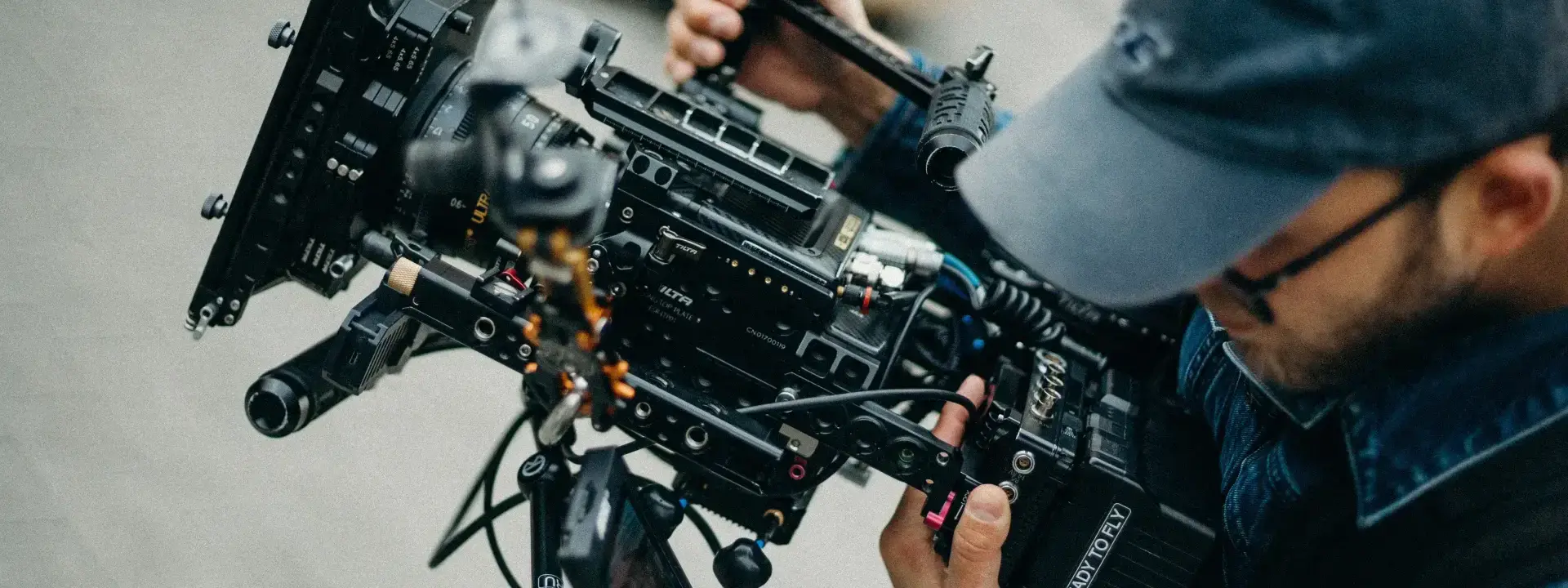
Cinematographer Job Description
What is a Cinematographer Professional?
A Cinematographer is a film crew member who is responsible for capturing images on film or digital format. They work closely with the director to ensure that the visual style of the film matches the director’s vision. Cinematographers have a wide range of responsibilities, from operating the camera and setting up shots, to choosing the right film stock and lenses, to lighting the sets and managing the crew. In some cases, the cinematographer is also responsible for the final look of the film, including color grading and post-production effects. The cinematographer’s job is to translate the director’s vision into images that will tell the story in the most effective way possible. To do this, they must have a strong understanding of the technical aspects of filmmaking, as well as a keen eye for composition and light.
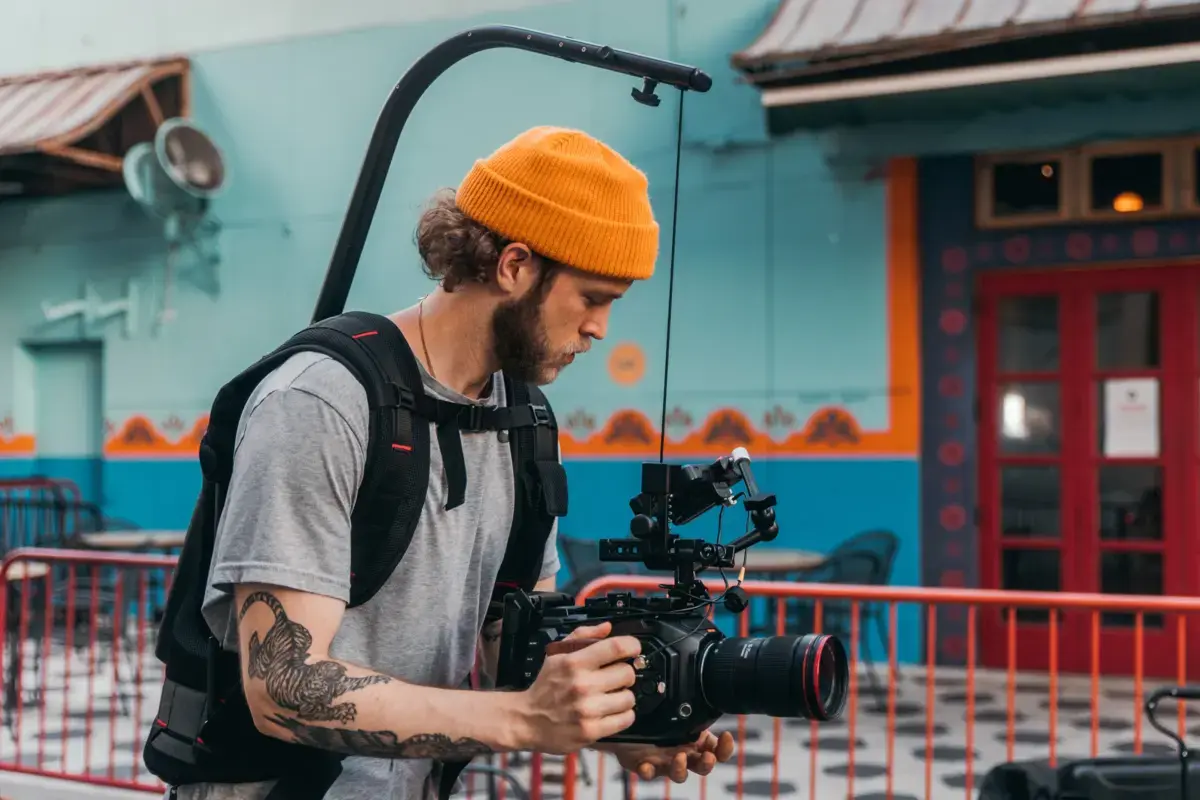
What does a Cinematographer Expert do?
Cinematographers typically start their careers as camera operators or assistant camera operators. With experience, they can move up to the position of director of photography (DP), or even become independent filmmakers. The role of the cinematographer has evolved over the years as new technologies have emerged. Today, many cinematographers are using digital cameras and other digital tools to capture and manipulate images. This has opened up new possibilities for the way films can look, and has made the cinematographer’s job even more important in the creation of a film.
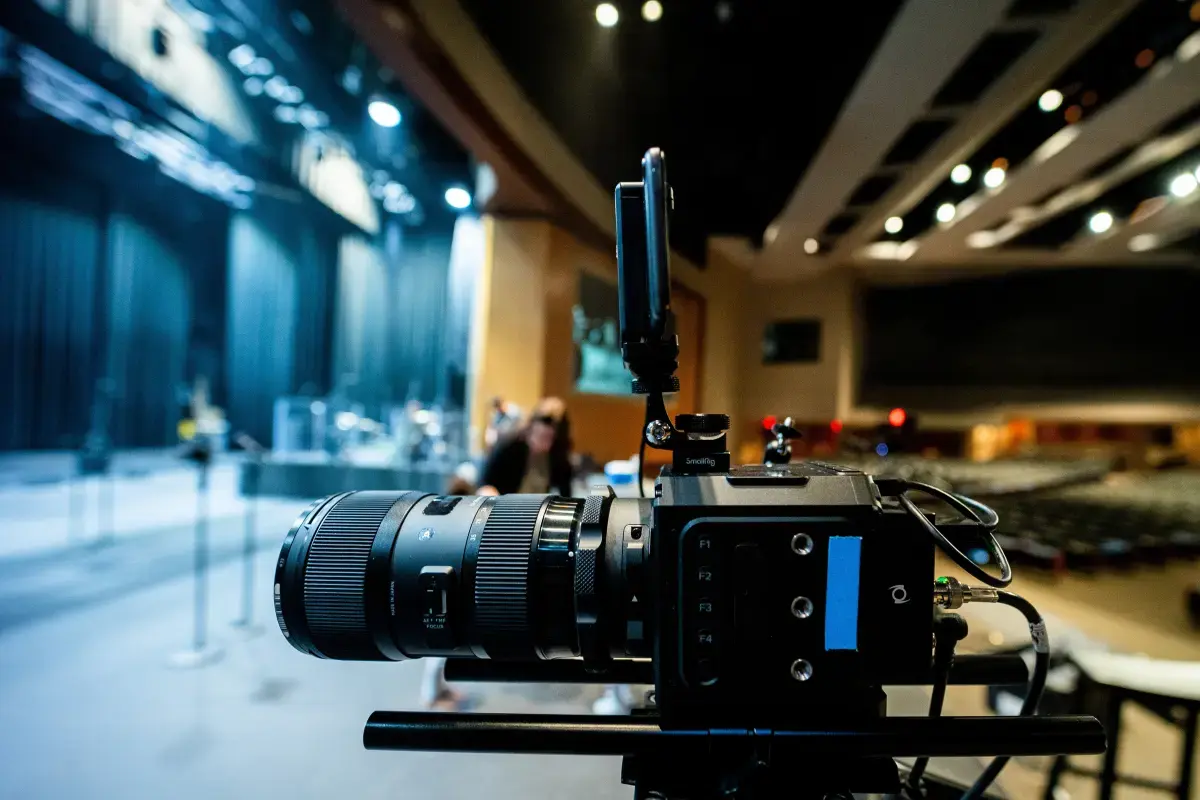
What are the Skills of a Cinematographer?
A cinematographer needs a wide range of skills and experience to be successful. Firstly, they need to have a strong understanding of the medium of film and its potential for storytelling. They need to be able to visualise a story and translate it into images that will engage and entertain an audience. Secondly, they need to have a strong technical understanding of the camera and its capabilities. They need to know how to operate the camera and how to get the most out of its features. Thirdly, they need to have a good understanding of lighting. This includes both natural and artificial lighting, and how to use them to create the desired effect.
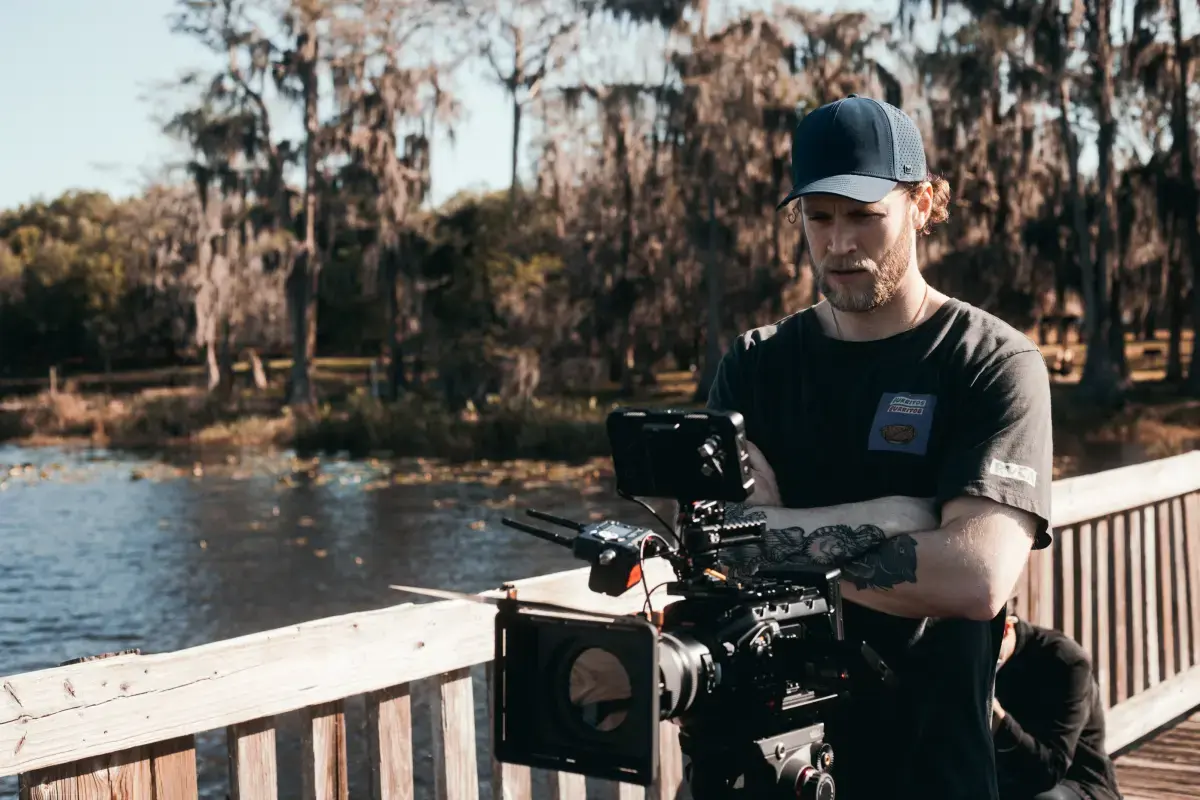
What makes an Expert Cinematographer?
Fourthly, they need to have a good ear for sound. They need to be able to capture good quality sound, and also to understand how sound can be used to create mood and atmosphere. Finally, they need to be able to work well with other members of the filmmaking team. They need to be able to take direction and work collaboratively to achieve the best results.
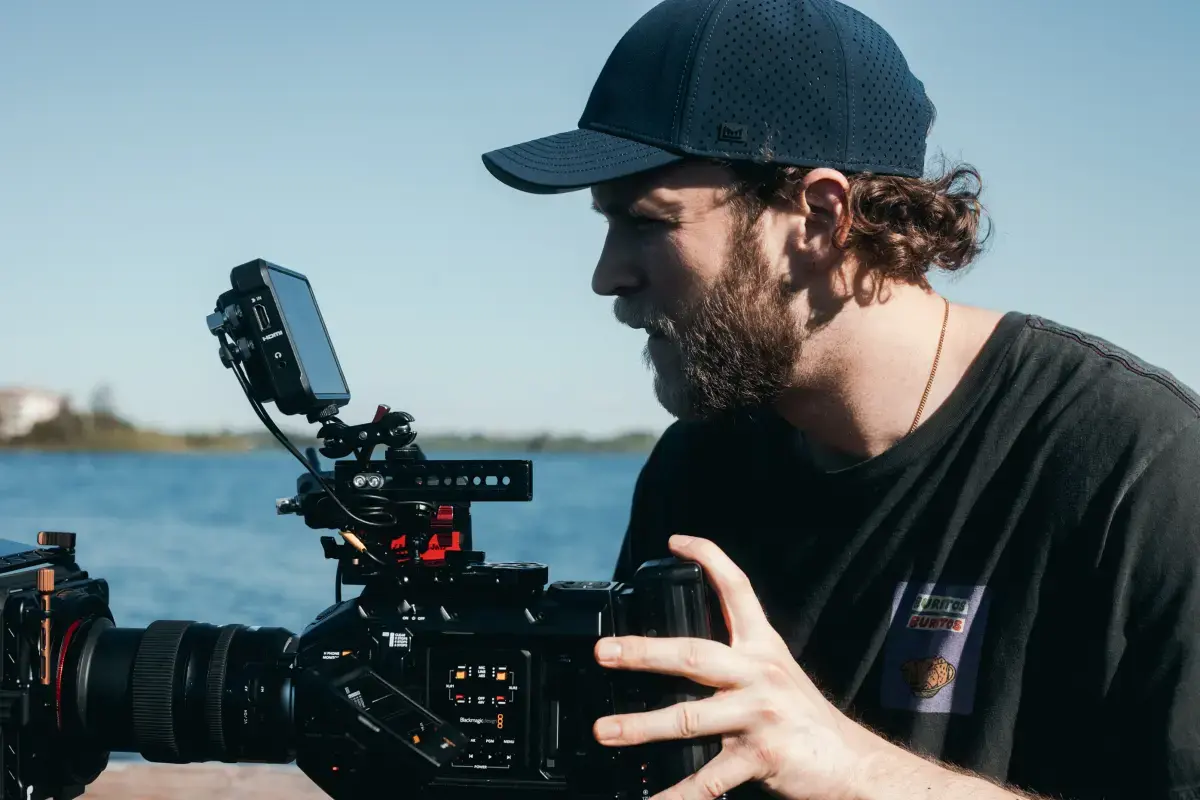
What level of Experience & Qualifications are required to be a Cinematographer?
Industry Experience: 1. Extensive knowledge of camera operation, lighting and composition techniques. 2. Ability to work collaboratively with other crew members on set or in pre-production meetings to ensure a successful production outcome is achieved. 3. Confidence working independently when needed and taking initiative to problem solve during shoots or while doing research for upcoming productions/projects. 4 .Ability to stay organized and meet tight deadlines under pressure - both on set as well as post-production tasks that require quick turnarounds (such as color grading, editing etc.) -Training: 1 .Participation in film school workshops, classes or seminars related specifically to cinematography skills such as camera use & lenses; lighting design & equipment; storyboarding & shot planning; image processing & digital manipulation tools like Adobe Photoshop/Premiere Pro etc.. -Qualifications: 1 .Formal qualifications such Bachelor’s Degree in Film Production Technology / Cinematography from an accredited college program would be preferred but not essential depending upon the experience one has acquired over time working professionally within this industry sector – Education : 1). A solid understanding of cinema history, theory, aesthetics ,and technology 2) Knowledgeable about basic principles of photography 3) Familiarity with traditional film making practices including shooting formats 4 ).A strong eye for composition 5 ) Understanding how light works 6 ) Expertise operating professional cameras 7 )Proficient at manipulating various aspects of video through software 8 )Strong communication skills 9) Comfortable collaborating with directors 10) Advanced IT literacy 11). Ability to troubleshoot technical issues quickly 12). Creative approach towards visual storytelling
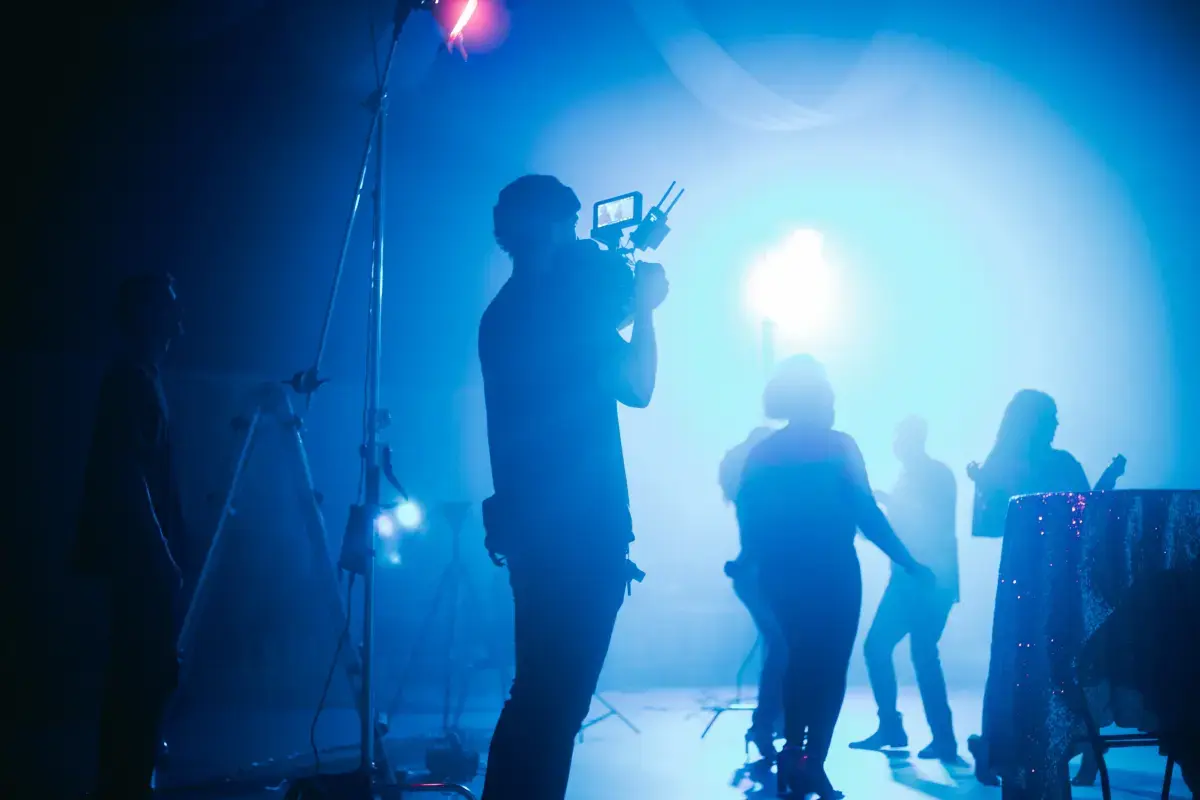
What is the Salary of a Cinematographer?
The salary expectations of a cinematographer can vary greatly depending on the individuals experience level and geographic location. Junior Level: At the junior level, entry-level salaries for a Cinematographer typically range from $20,000 to $50,000 per year. This would include starting rates for those with little or no professional experience in this field. These wages may also be affected by union agreements in certain areas as well as any additional skills that are relevant to the job such as editing or special effects work. Mid-Level: As mid-level professionals gain more experience and become certified members of unions (such as IATSE), their pay increases accordingly; usually ranging from around $60,000-$80,000 annually at this stage of their career. At this point they have honed both technical skills and artistic vision which enables them to take on larger projects with bigger budgets while commanding higher fees than an entry-level employee could expect to receive. Senior Level: For experienced senior Cinematographers who have worked on multiple feature films or major television series’ over many years - earning potential is significantly higher than junior positions due mostly to name recognition and industry respect acquired through hard work over time; these veteran professionals can often command annual salaries exceeding six figures when working large budget productions regularly ($100k+).
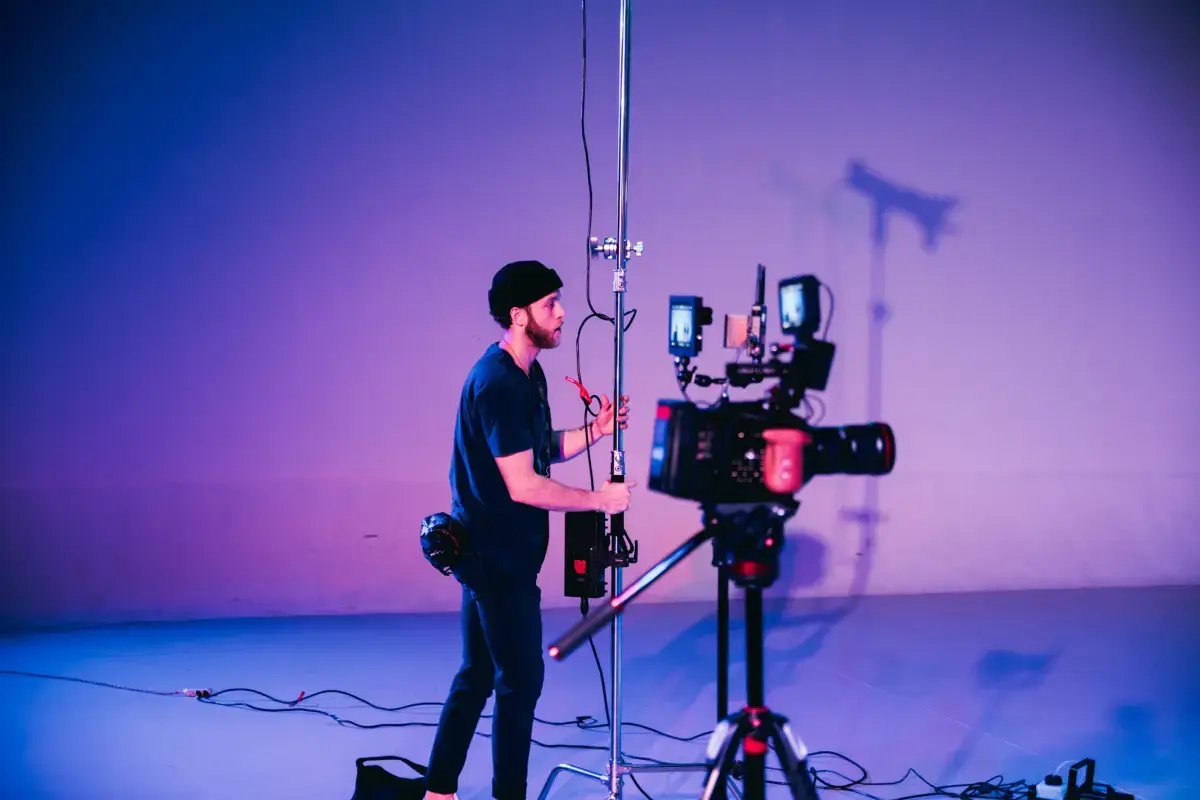
What are the Working Conditions for a Cinematographer?
General working conditions for a cinematographer vary depending on the particular project. Generally speaking, cinematographers may be required to work long hours in order to achieve the desired look and feel of a production. These shifts can range from early morning starts through late night wrap-ups as dictated by the shooting schedule or lighting requirements. Cinematography also requires physical stamina and endurance due to extended periods of standing, crouching, kneeling and/or other awkward positions while operating camera equipment. The job may require travel both domestically and internationally; often times with tight turnarounds between shoots that involve packing up all gear quickly then moving onto the next location immediately afterwards. Working outdoors is common when filming exteriors so being comfortable dealing with inclement weather such as extreme heat or cold is essential for this position as well. Although there are many challenges inherent within this profession it still remains an exciting career choice because each new project offers something different than before!
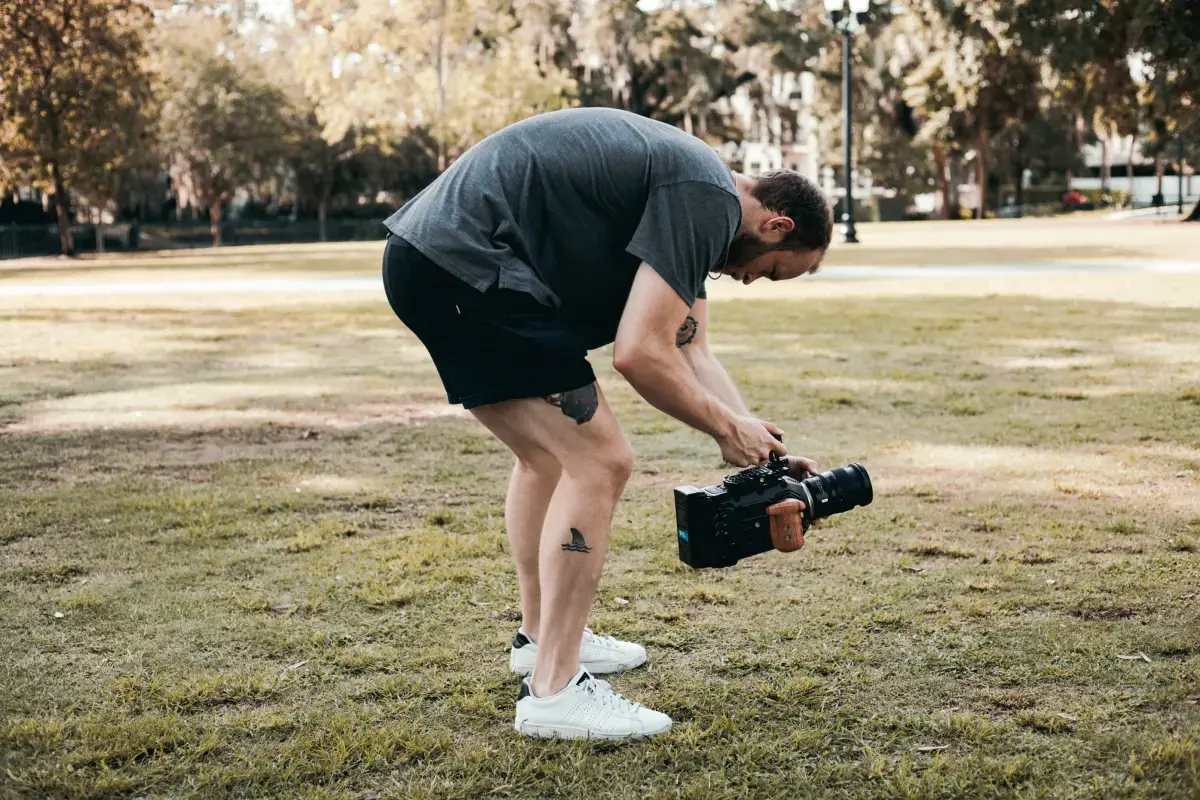
What are the roles and responsibilities of a Cinematographer?
Plan and execute the vision for the film with the director.
Work with the art department to design the look of the film.
Operate the camera during filming.
Choose the right film stocks, lenses, and other equipment.
Light the sets and locations.
Work with the actors to get the best performances.
Edit the footage.
Mix the sound.
Choose the music for the film.
Supervise the post-production process.Setting up and breaking down camera equipment
Managing the lighting for each scene
Creating storyboards for the film
Editing the film’s footage
Working with the film’s sound designer to create the ideal audio mix
Adding visual effects to the film
Color grading the film
Creating title sequences and graphic design elements
Working with the film’s composer to create the score
Supervising the film’s production crew
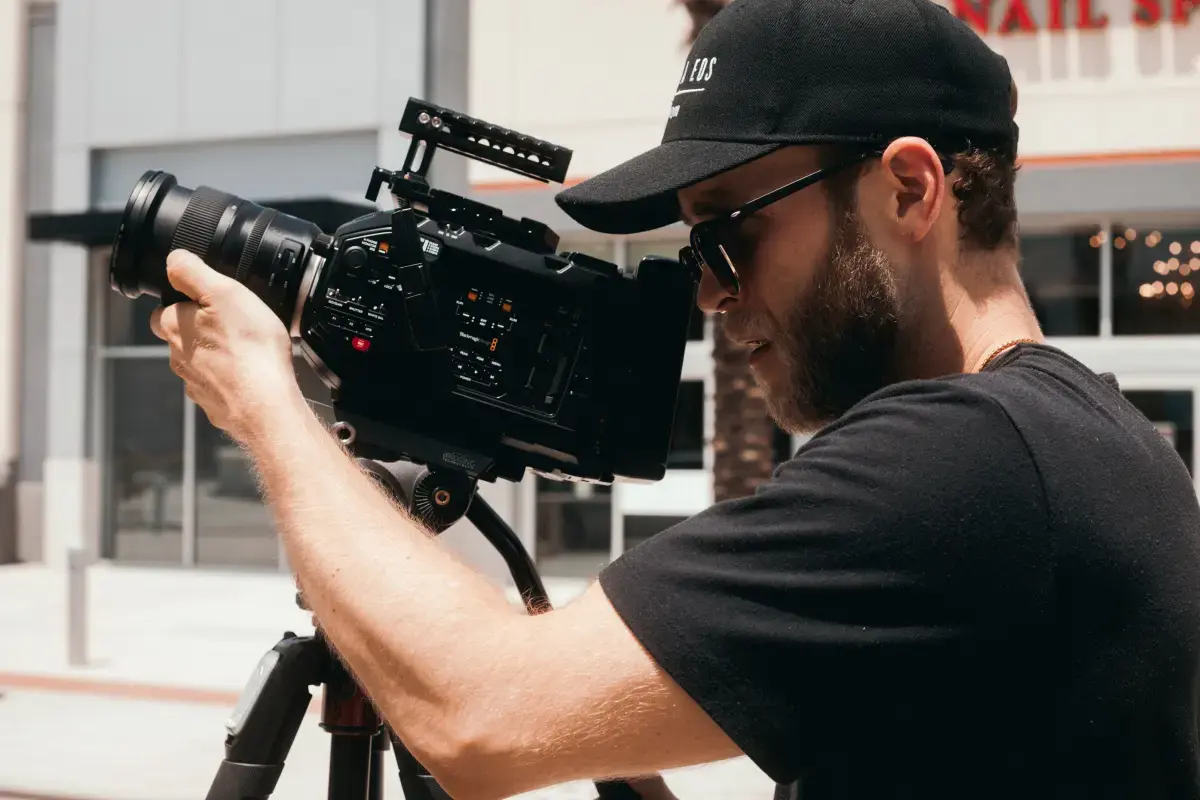
Where can I find Cinematographer jobs?
- Create a profile on gigexchange and promote your Cinematographer skills to advertise you are Open to New Work Opportunities
- Ensure your Resume (or CV), or online work profile is up to date and represents your skills and experience. Ensure your reputation reflects your ability & attitude.
- Apply for Cinematographer Jobs advertised on gigexchange.
- Practise Cinematographer interview techniques to ensure you represent your personality and ability succinctly and confidently.
- Accept the job offer if the salary meets your expectations and the employer mission and purpose reflects your core values.
Jobs
What are the best job boards for Cinematography jobs?

How can I hire Cinematographer staff online for my business?
The best job board for recruiting Cinematographer experts is gigexchange.com. Advertise full-time, part-time or contract jobs to find, hire & recruit trusted, experienced and talented Cinematographer candidates near you.
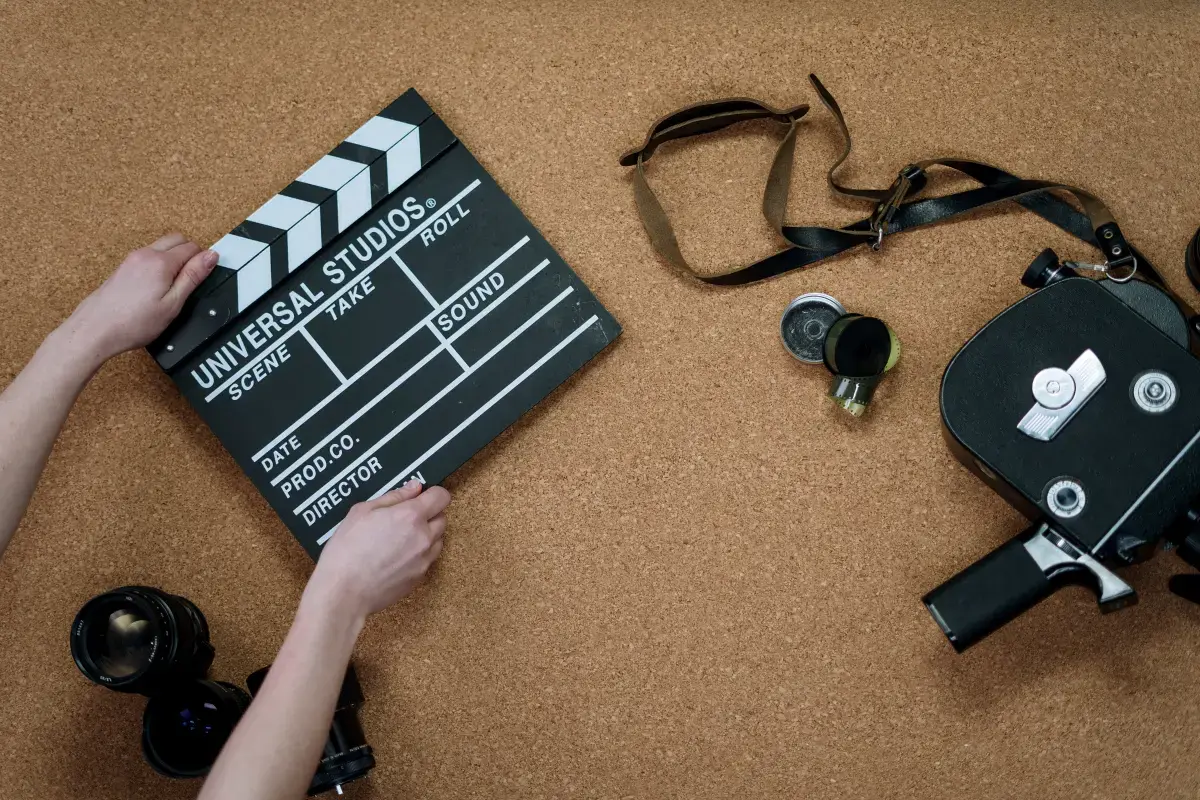
Are Cinematographer roles in demand in 2026?
Cinematographer experts are still in high demand in 2026. If you are an experienced Cinematographer or looking to train and become one. The job market is looking strong for Cinematographer jobs near me.